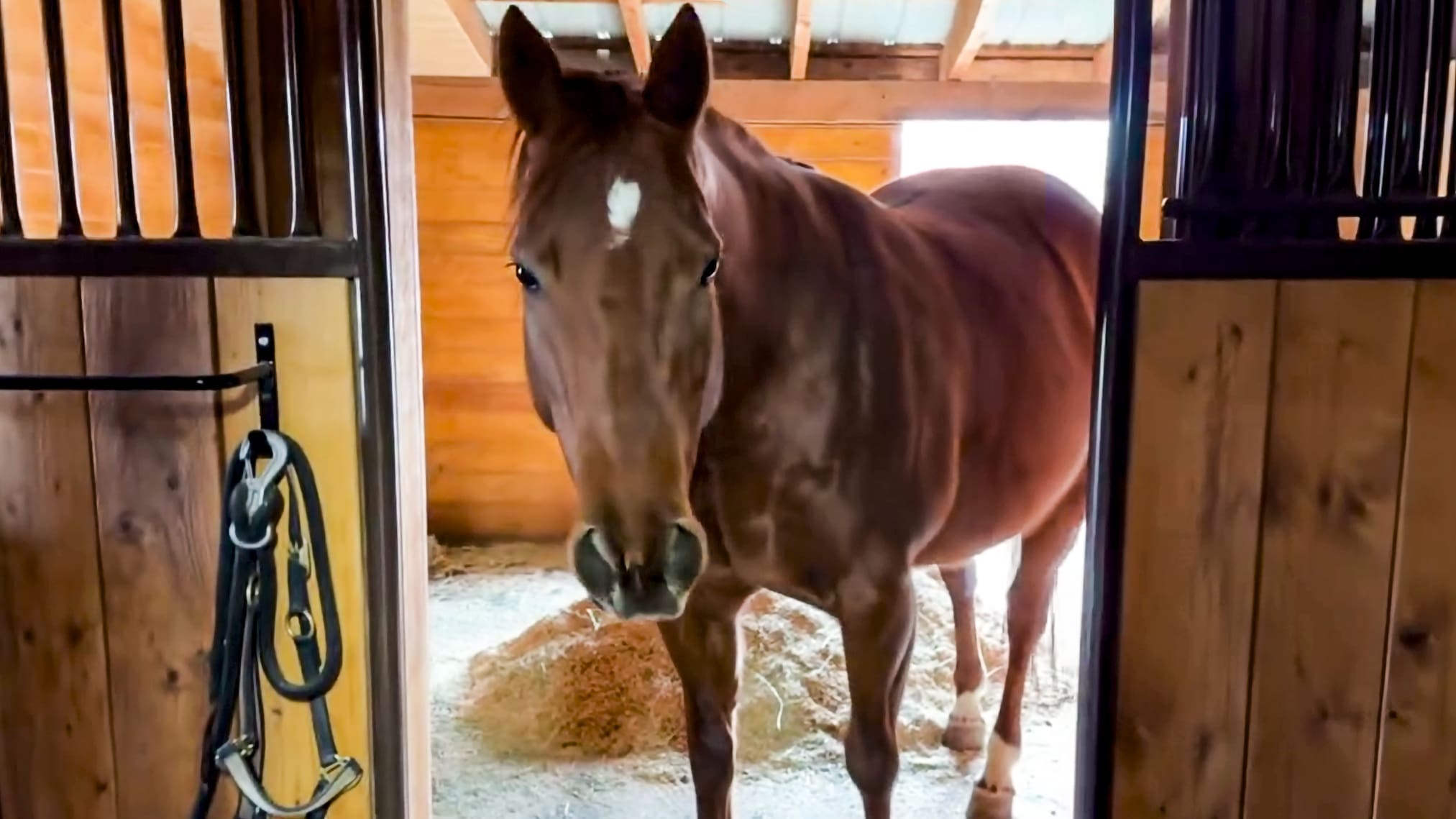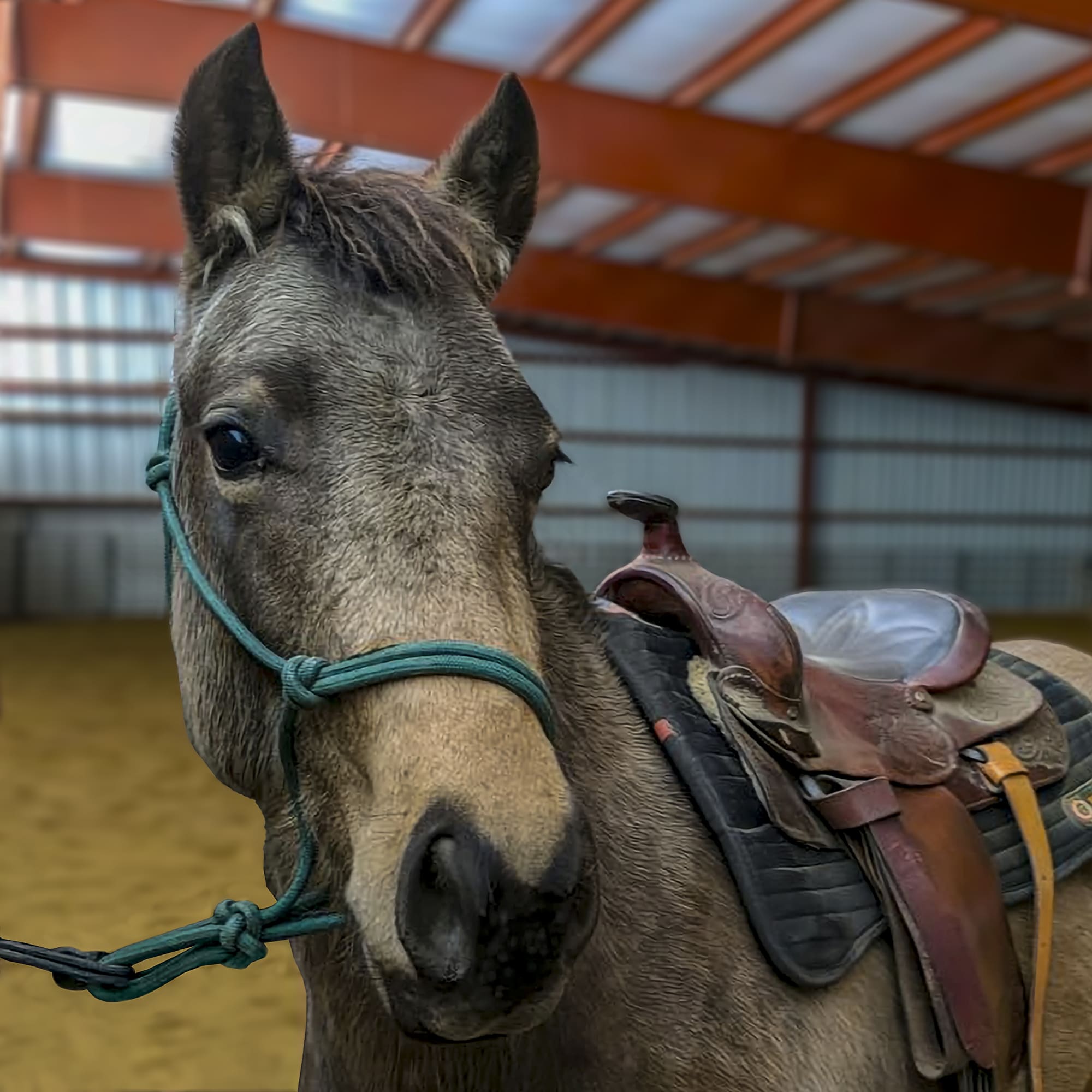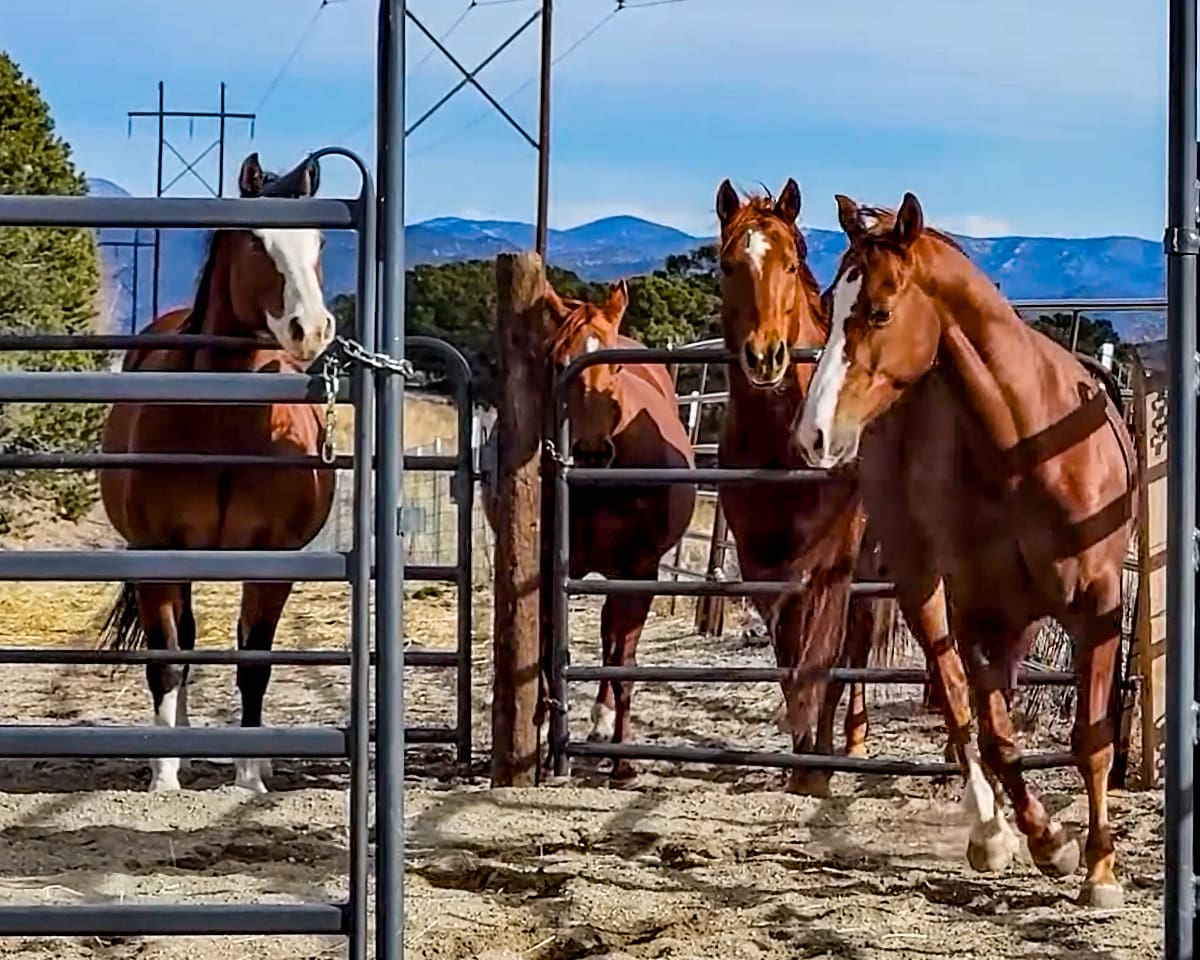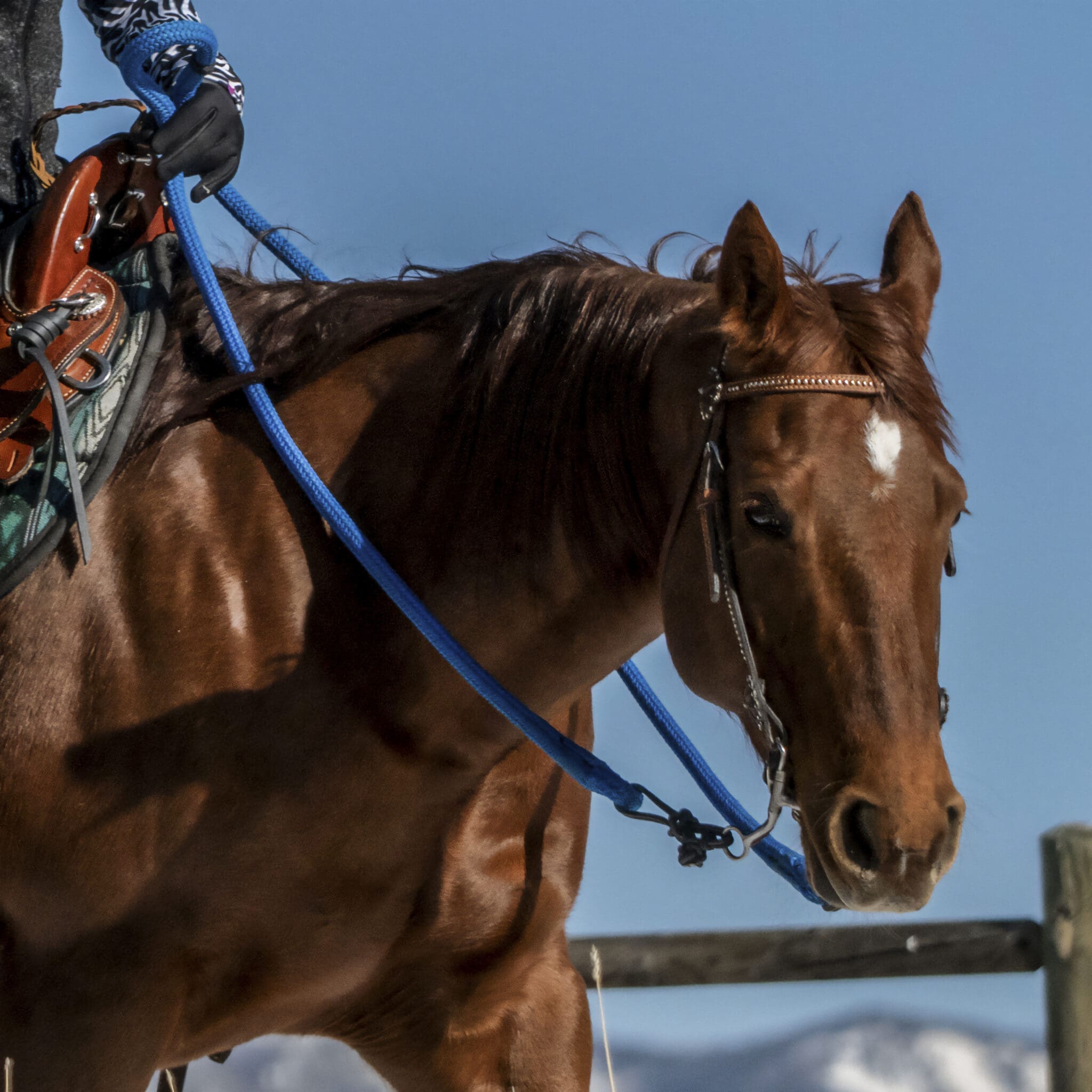Question Category: Safety Concerns
Question: I am the parent of an 11-year-old girl who is serious about horses. She’s been riding for 5 years in California, and we just moved to Michigan. For two months now, I’ve been looking for a good stable and instructor. Her former teacher in CA was CHA certified. Should I be limited to finding a CHA certified instructor? I will review your web site to understand all that it means. What other questions should I be asking to insure her safety with a new instructor? My daughter is riding English with focus on Eventing. I’ve been asking what their level is (i.e. beginner, novice, prelim, intermediate, advanced). What level should they be to be an instructor?
Answer: Thanks for your question, it is a good one. While I would have to say that certification is important and CHA certification is probably the best (I’ll explain why in a minute), it is also important to realize that there are many good instructors out there that are not certified. Instructor certification is relatively new to the industry (even though CHA has been doing it for 34 years); the industry is just now getting to the point that certification is valued, in fact, required in some states. But still, the more established a person is in their career, the less likely it is that they are certified. This is because they have been successful for so long, they don’t view certification as something they need. If you think about it, why would I, as a successful trainer/instructor with a barn full of clients, take the time to go get certified? But more and more, people like this are beginning to take the time to get certified because astute clients like you are coming to expect it. Also, insurance companies are pushing certification. So, having said that, why is CHA certification better? Because it is the only hands-on certification process. That’s why the insurance companies like us so well. Other certifications only require candidates to take a written test and send in a video. We require instructors to demonstrate their ability with live horses and live students, for 40 hours of clinic time, and demonstrate their ability in at least four different lessons. This is why insurance companies view CHA certification as better, because it is a face-to-face, hands-on process. Also, interestingly, CHA is the only not-for-profit, board-run organization that certifies instructors, giving us the appearance of greater objectivity and stability. As for the level, that may depend more on the individual instructor. Certainly if your daughter is interested in eventing, you need an instructor qualified to teach jumping.
However, there are many instructors that specialize in the beginning and intermediate levels and although they might not have a real high level of certification, they are sometimes more effective at the lower levels than an instructor that is more used to teaching the highest levels of riders. This would be an instructor that your daughter might only work with a year or two until she is ready to move on to a higher-level instructor. Typically, these instructors are very upfront about how far they are able to take the student and when the student is ready to move on. One more idea that I will give you as food for thought. There is a theory in English riding that says that children should be focused on developing equitation skills, and thus they would do better to ride in Hunter shows as a youth rider and then pursue eventing as a young adult. I am a believer in this school of thought, as I recognize how much I personally benefited from this approach. I was an equitation rider until I was 18 (I started a little eventing at 16). By then I had such solid and proper riding skills that I could (and did) choose any number of disciplines to compete in. Eventing is a discipline that focuses more on the horse and the competition and less on the development of the rider. Certainly, riding and training in one area would not preclude the other, but just something for you to think about. It sounds to me like you are discriminating enough to ask the right questions and make the right observations of a potential instructor. I would recommend that you ask to observe a lesson or two, take a look around their facility and talk to existing clients. There are many little indicators about how safety-conscious the trainer is. Are there safety rules posted? Do all riders wear helmets? Are students thoroughly supervised? Is the place neat and tidy? Do the horses look content and happy? Do they require waivers and/or customer contracts? Are these documents professional and do they state safety concerns? If possible, you might be able to ask other clients about the safety record- do they know of any students that have had serious injuries? How many years experience does the instructor have? Are school horses owned or leased? Experience and knowledge of the individual horses in the program are important for operating safely. Good luck to you and your daughter. It is good to hear from a parent that recognizes the need to assess the ability and qualifications of an instructor. It always amazes me how rarely this happens. Let me know if you have other questions.
Copyright ©Julie Goodnight 2000. All Rights Reserved. No part of this website may be reproduced without owner’s express consent.




No comment yet, add your voice below!